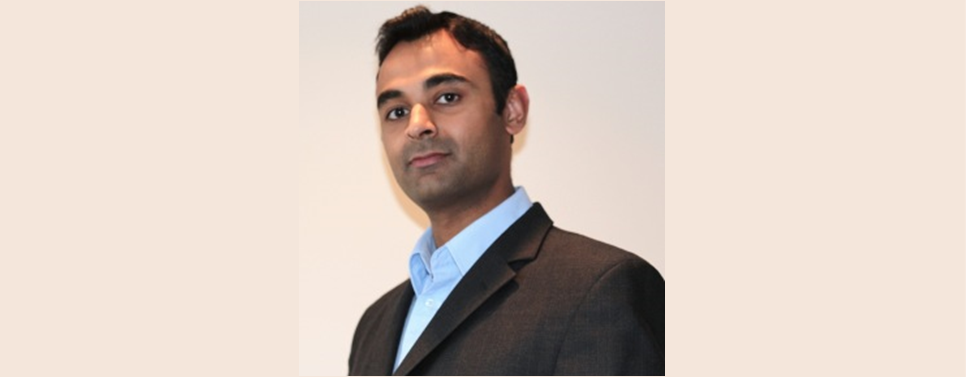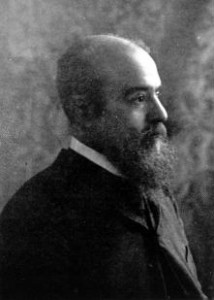There are certain universal laws that appear to govern the broader workings of the world around us. For those of you unfamiliar with Pareto’s Principle, it’s a concept that was first applied in economics and then found to be a governing rule in a whole host of different arenas. It’s no understatement to say that understanding and acting upon this concept can be transformative, not just in your work but also your personal life.
Pareto’s Principle also has become a popular area of focus in the world of business and management. Named after the 19th century Italian economist Vilfredo Pareto, in a nutshell the principle is as follows: 80 percent of effects always come from 20 percent of the causes. Pareto first observed this ratio when he realized that 80 percent of land and wealth in Italy was owned by 20 percent of the population. He then went on to observe the same phenomenon in his garden—80 percent of peas came from 20 percent of pea pods!
Since he published these findings, the magical ratio of 80-20 (or the “80-20 Rule”) has been found to be scattered throughout society and nature. 80 percent of any company’s profits come from 20 percent of their best products. 80 percent of traffic comes from 20 percent of roads. 80 percent of food production comes from 20 percent of the best crops. The ratio is everywhere—frequently even tipped to a 90-10 or 95-5 division. However the 80-20 phenomenon is the distribution most often cited as a universal baseline. That being the case, I thought I would apply Pareto’s Principle to the practice of hospital medicine:
- – 80 percent of the clinical and problematic issues on any given day will arise from 20 percent of your patients
- – 80 percent of telephone calls and pages will always come from 20 percent of nurses
- – 80 percent of valuable medical information that you receive will come from only 20 percent of what’s communicated to you
- – 80 percent of your job satisfaction will come from 20 percent of your daily interactions
- – 80 percent of compliments that your group receives will be about the good work of 20 percent of your physicians, and conversely 80 percent of complaints will be about 20 percent of your physicians!
How are these statistics even relevant to the daily grind? Well, by recognizing Pareto’s Principle we can set realistic expectations and focus on the most important areas to make our jobs more productive and satisfying. We can reverse the 80-20 equation to ask questions such as:
- – Which 20 percent of patients are going to take up 80 percent of my effort?
- – Which 20 percent of colleagues are responsible for 80 percent of what makes my work environment enjoyable?
- – Which 20 percent of my time is giving me 80 percent of my job satisfaction?
- – Which 20 percent of work-related issues are responsible for 80 percent of my job dissatisfaction?
Of course the 80-20 percentage is not absolute, but it can act as a broad starting point of awareness in order to stand a better chance of improving things. Furthermore, remembering Pareto’s Principle can also save us from what I call “casting the net too wide syndrome”. For example, when I have sat on committees addressing problems such as readmissions, solutions are proposed which are all encompassing and don’t adequately target who we should be. If 80 percent of readmissions come from 20 percent or less of the same congestive heart failure patients, then we should understand the characteristics of these 20 percent before we put excess effort into stopping readmissions among the 80 percent of patients who are very unlikely to be readmitted in the first place.
Another example: If we want to reduce unnecessary daily laboratory testing—who are the 20 percent of patients that this applies to the most? It will usually be those patients with longer lengths of stay who may have multiple transitions and handoffs within the hospital. If we target all patients, we will expend too much energy addressing a problem that may not have existed in 80 percent of patients!
Applying the principle to our daily interactions in hospital medicine, if there are complaints about “specialist communication” or “soft admissions” from the emergency room, who are the 20 percent of physicians responsible for 80 percent of this? Let’s shift the focus on them instead of making blanket statements about how bad the situation may be.
Acknowledging the value of and employing Pareto’s Principle can help guide us through our days and even our careers. Only when we hone in on this natural distribution can we then do our best to skew it in our favor, and have an impact on better systems and practices.




Great article. I have long noticed in my institution that closer to 90% of the readmissions and prolonged hospital stays are due to the same 10% of non-compliant patients or same 10% of long-term care facilities. This 10% needs intensive outpatient management in order to control the hospital readmissions. Unfortunately no one seems to have come up with a mechanism to fund the infrastructure (social workers, case managers, onsite clinicians, etc.) needed to better manage the 10%. Perhaps ACO’s and Population health initiatives will will drive the change but until then I will continue to spend most of my day dealing with the the issues that arise from the same familiar faces!